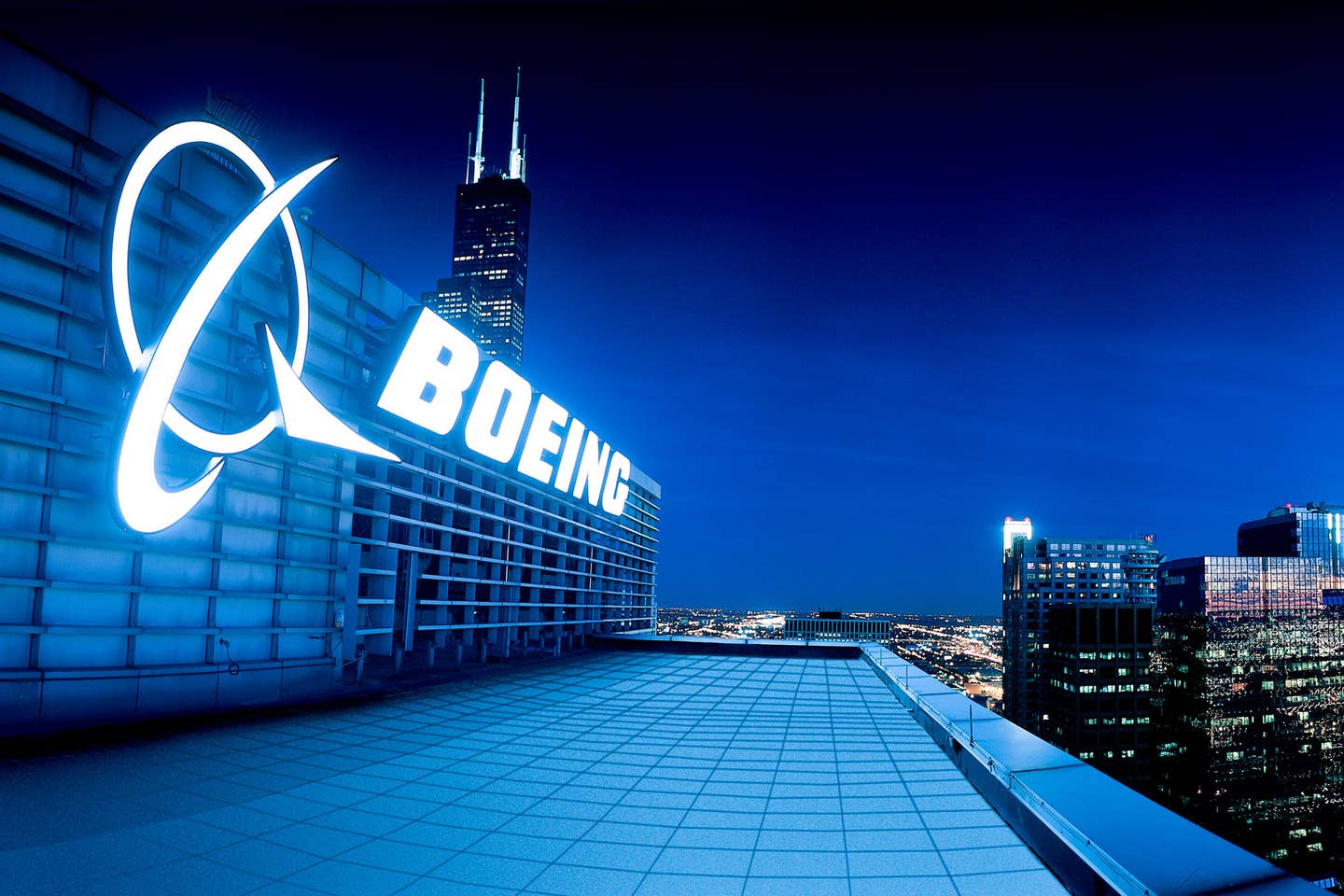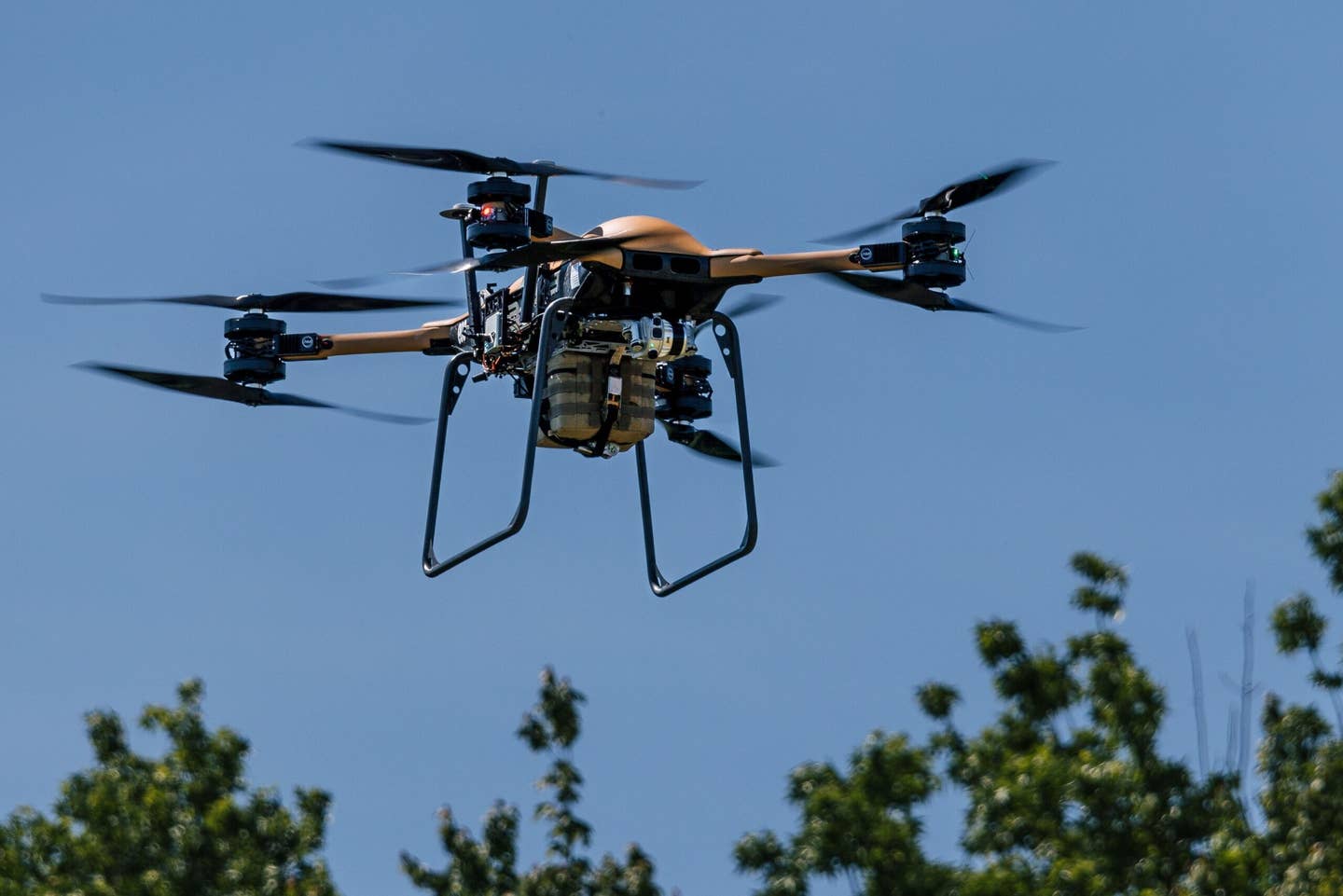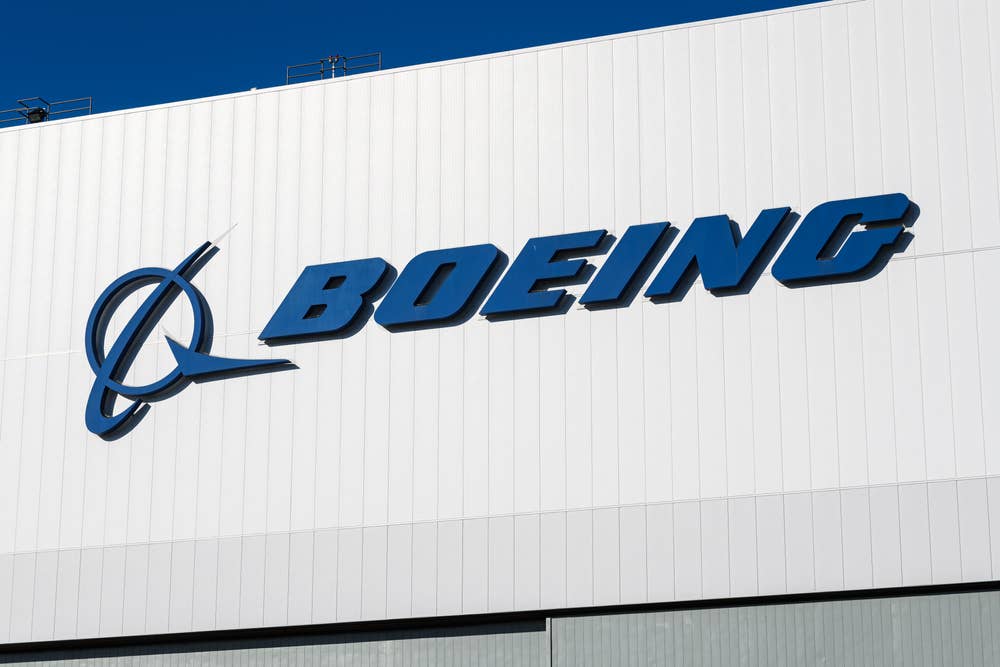Boeing Advances Plans To Transition To Digital Ecosystem
Company has awarded cloud-computing contracts with Amazon, Google and Microsoft.

Boeing says going digital will boost revenue, while eliminating design and production hurdles. [Courtesy: Boeing]
Boeing (NYSE:BA) is advancing its digital ecosystem transition plans by awarding contracts with cloud-based tech giants Amazon Web Services, Google Cloud, and Microsoft, it announced this week.
The aerospace giant says going digital will boost revenue, while eliminating design and production hurdles and also potentially save time on development.
“It’s about strengthening engineering,” Boeing's chief engineer Greg Hyslop told Reuters in December when describing the company's turn to a digital ecosystem. “We are talking about changing the way we work across the entire company.”
Hyslop told Reuters the overwhelming number of production quality issues stem from design problems. An overall digital ecosystem would improve both design and production. If successful, the timeline from concept to market could shrink to as short as four to five years, Reuters reported.
The new partnership announcement, made Wednesday, "represents a significant investment in Boeing's digital future," Susan Doniz, Boeing chief information officer and senior vice president of information technology and data analytics, said in a statement.
“Our cloud strategy removes infrastructure restraints, allowing for more ownership within teams, simplifies our processes, creates easier and more secure access to information, and empowers our people to perform their best," she said.
The partnerships represent Boeing's move to centralize applications while also keeping pace with its competition.
Boeing rival Airbus has been ramping up its digital ecosystem program, dubbed Digital Design and Manufacturing Services (DDMS) for the past five years. DDMS aims to fully transform Airbus’ design, manufacturing, and overall operations to a digital-first model from end to end. The goal: cut costs and reduce time to market while ensuring quality, safety, and environmental performance.
As part of its deal with Amazon Web Services, Boeing said it will migrate applications out of on-premise data centers to the AWS cloud, a move the company said will strengthen engineering and manufacturing processes.
“Boeing and AWS share a builder culture and are committed to using advanced technologies to take on the most ambitious engineering feats like developing new sustainable energy sources and interplanetary human travel,” Matt Garman, senior vice president of sales and marketing at AWS, said in a statement “AWS’s proven cloud infrastructure and deep portfolio of services allow Boeing to create new solutions for its global customers and suppliers that will increase innovation and adaptability to enhance the movement of people and goods around the world, including Amazon’s own deliveries for our customers through Amazon Air.”
Boeing said it also intends to migrate hundreds of applications across multiple business groups and aerospace products through the partnership with Google Cloud. By using the technology, Boeing software developers will be able to design applications that can then be deployed companywide.
It's a partnership the aerospace company said will help them address traditional IT implementation challenges, while also offering the advantage of Google Cloud's data analytics and artificial intelligence/machine learning tools.
"Google Cloud will help us modernize our applications; empower our people with the latest technology, tools and expertise; and continuously innovate with rapid software changes," Doniz said. "With Google Cloud's years of cloud leadership, data analytics, and AI/ML experience, we are looking forward to driving advanced digital aerospace solutions together."
Boeing said it turned to a partnership with Microsoft Cloud for its AI capabilities to update technical infrastructure and mission-critical applications.
"Our strategic partnership with Microsoft will help us realize our cloud strategy by removing infrastructure restraints, properly scaling to unlock innovation and further strengthening our commitment to sustainable operations," Doniz said.
The IT infrastructure awards don't come cheap, however. Last year, reports emerged indicating that Amazon, Google, and Microsoft were vying for the deal that was expected to be worth at least $1 billion over several years, The Information reported.

Sign-up for newsletters & special offers!
Get the latest FLYING stories & special offers delivered directly to your inbox






